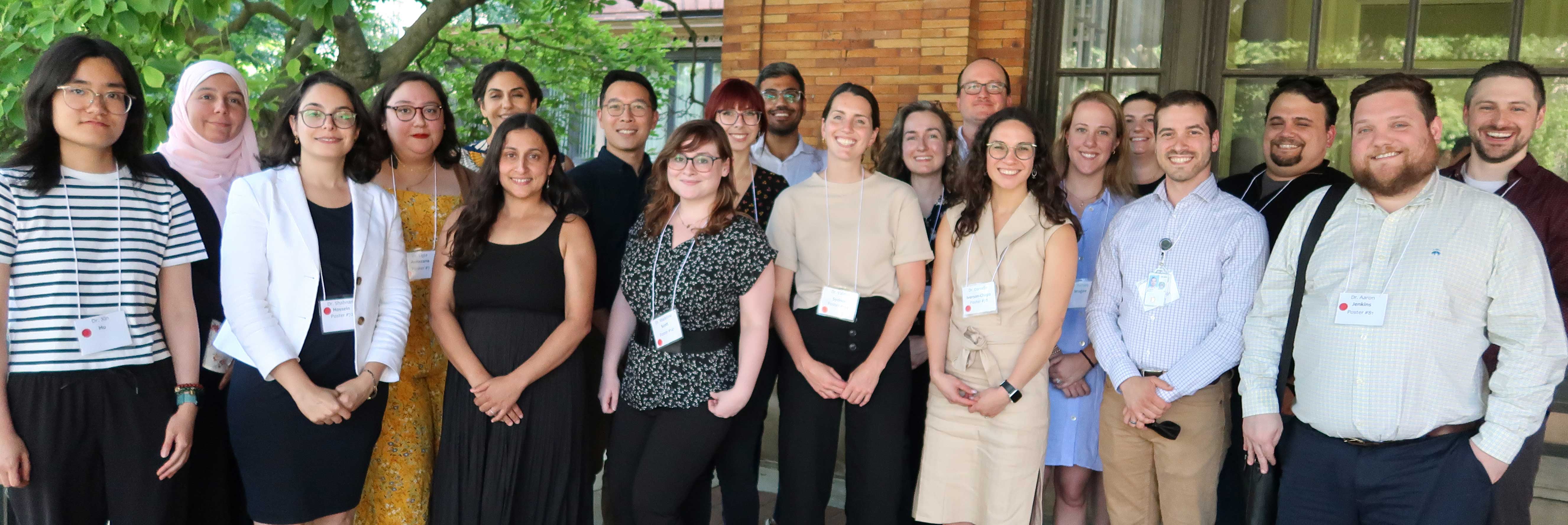The University of Pittsburgh Department of Psychiatry empowers trainees to make a meaningful impact in the field of psychiatry.We offer a rich and supportive mentoring culture and training in a broad range of research areas, techniques, and strategies.
Pitt Psychiatry’s training infrastructure provides information about multiple career paths in academia, industry, and government, including career development award applications submitted from our Department.
Our Commitment to Community
The Department’s commitment to enriching our multifaceted community is integral to our mission of academic excellence. Our commitment to community entails promoting a respectful, affirming, and supportive environment for all staff, trainees, and faculty members in the Department of Psychiatry. Our Community page provides important information about our approach to addressing this important issue.
Considering a move to Pittsburgh to conduct postdoctoral research? Learn more about our dynamic city here.

